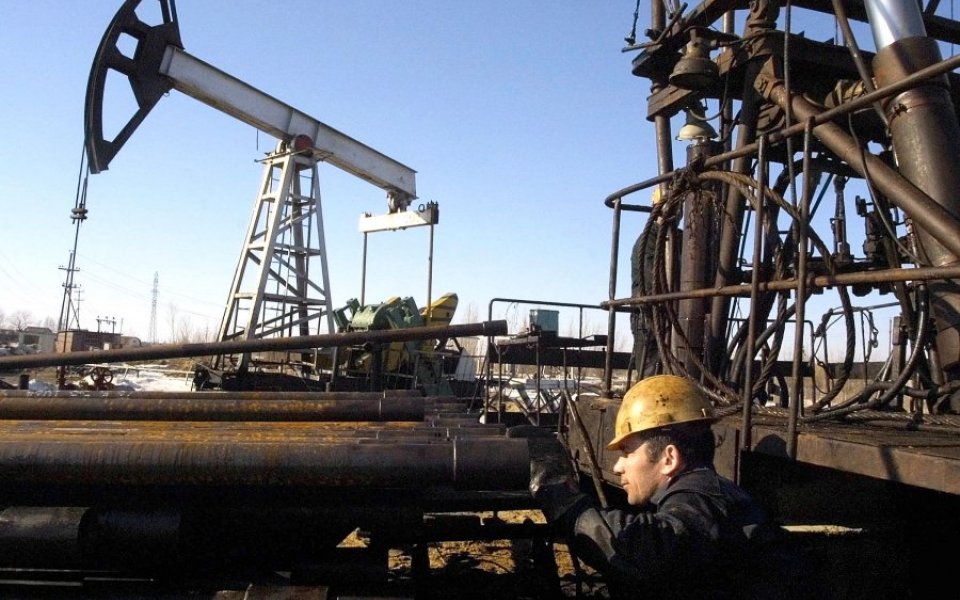Saudi-Russia oil deal doubtful as price stutters

A deal announced between oil heavyweights Saudi Arabia and Russia to freeze production at January levels if other oil producing countries are to do the same has been dubbed “meaningless” by experts.
Saudi, the de-facto leader of oil cartel Opec, has refused to enact a cut unless joined by Russia and the US who have both dramatically increased their market share of the oil industry in recent years.
“It’s meaningless, Russia and Saudi have said they’d continue producing at the same speed they are now and it’s farcical to suggest the US could be a part of this,” Spencer Welch, director at IHS Insight, told City A.M.
Qatar and Venezuela, who were at the meeting in Doha, have also pledged to freeze production.
The oil price soared on rumours of a deal to cut production but crashed on the announcement, losing over three per cent. The US benchmark WTI hit lows of $28.71 in late evening trading while Brent crude dropped to around $32 per barrel.
Rebel Opec member Iran has however vowed it will continue to ramp up production as it tries to regain market share it lost due to the trade embargo on the country that was recently lifted.
“It’s been much ado about nothing. It shows how desperate some Opec countries are in the light of the low prices, but we’re not even close to a production cut,” Eugen Weinberg, head of commodity research at Commerzbank said.
Analysts are sceptical that countries would stick to a deal even if one were struck.
“Given the track record of some of these countries that would be a fair bet that they would renege on their promises, even getting them to be honest about January production levels would be a challenge,” Energy Aspects’ Dominic Haywood said.
The Russian oil minister has previously said it would be willing to cut production by five per cent to prop up the price.
Opec’s market share of global oil production has gradually decreased in recent years due to the rise of shale fracking in the US and Russia. As a result, Saudi has admitted that it can no longer control the oil price with a production ceiling.
US market share has so far been more resilient to the low oil price than many were expecting.
“It seems it takes much longer and much lower prices to bring the US production down than Saudi had originally thought,” Weinberg added.